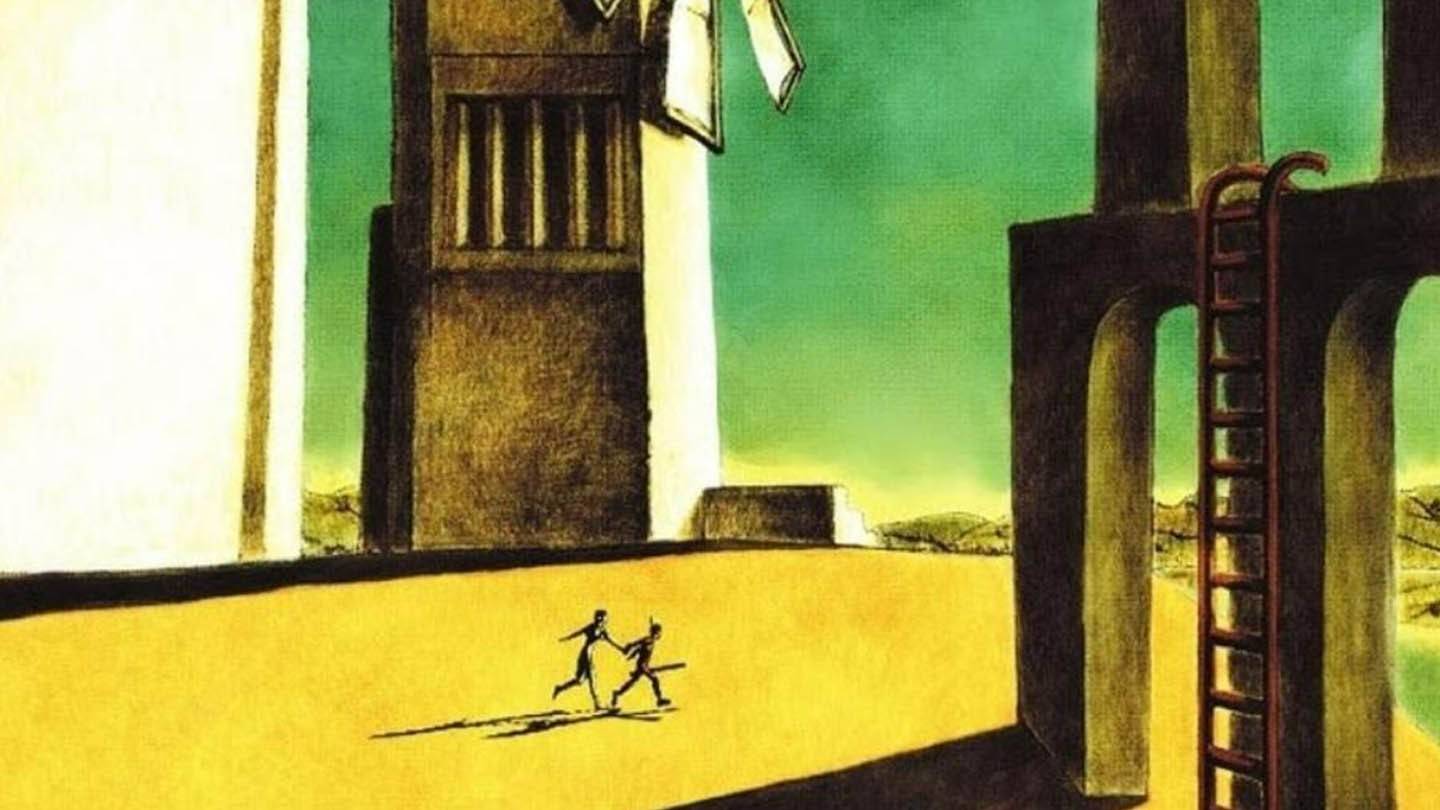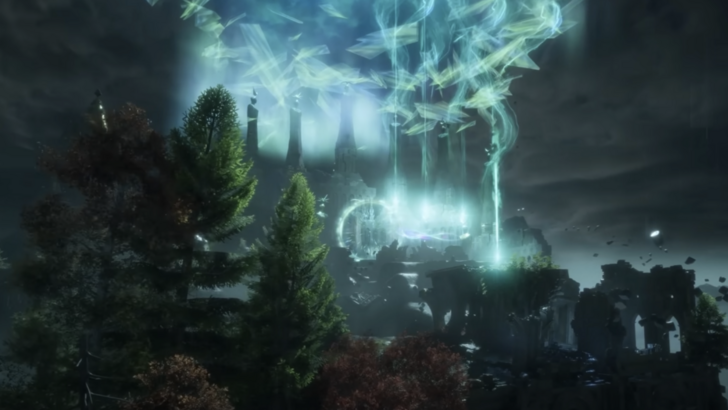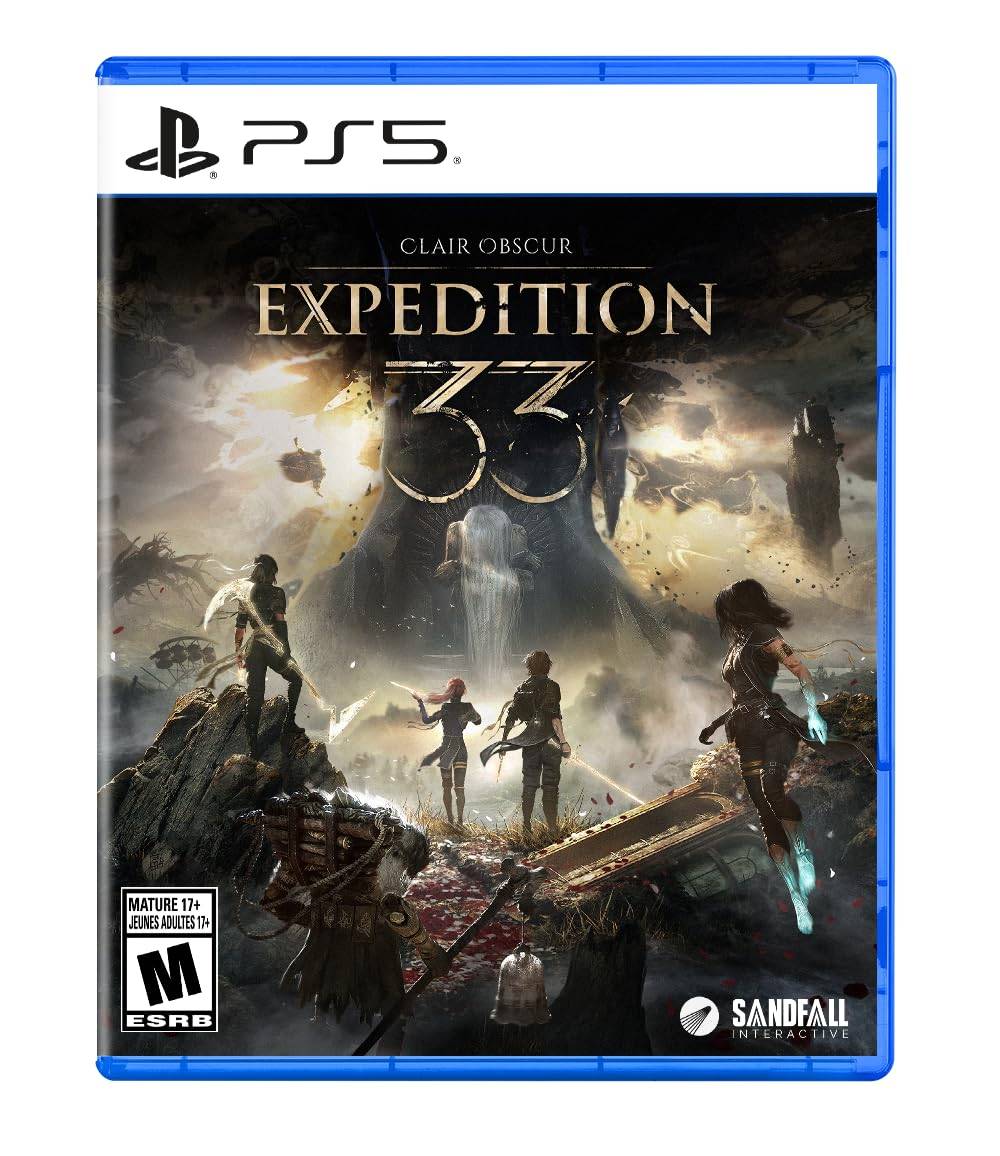
Yoko Taro, the visionary behind acclaimed titles like NieR: Automata and Drakengard, has openly discussed the profound impact of the game ICO on the evolution of video games as an art form. Launched in 2001 for the PlayStation 2, ICO earned its status as a cult classic due to its minimalist aesthetic and its unique approach to storytelling without dialogue.
Taro highlighted the revolutionary nature of ICO's central mechanic, where players guide the character Yorda by holding her hand. He remarked, "If ICO had tasked you with carrying a suitcase the size of a girl instead, it would have been an incredibly frustrating experience." This mechanic challenged the conventional gameplay of the era, redefining interactivity by requiring players to lead another character.
At the time, game design success was often measured by how engaging the experience remained when reduced to basic elements. ICO, however, prioritized emotional connection and narrative depth over mere mechanical innovation. Taro noted that the game demonstrated that art and storytelling could be more than just supplementary to gameplay; they could be essential components of the experience.
Labeling ICO as "epoch-making," Taro praised it for altering the course of game development. He credited the game with showcasing that video games could convey deep meaning through subtle interactions and atmospheric design.
In addition to ICO, Taro mentioned two other games that significantly influenced both him and the broader industry: Undertale by Toby Fox and LIMBO by Playdead. He argued that these games further expanded the potential of interactive media to deliver profound emotional and intellectual experiences.
For enthusiasts of Yoko Taro's creations, understanding his appreciation for these games sheds light on the inspirations fueling his own work. It also highlights the continuous evolution of video games as a dynamic and powerful art form.















